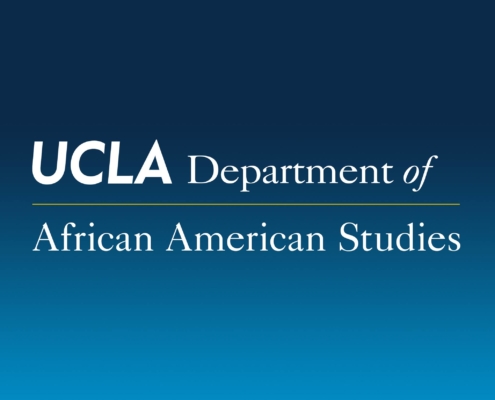
LA Social Science Summer Course Previews: African American Studies Courses in 2020
As summer 2020 approaches, LA Social Science will be highlighting…
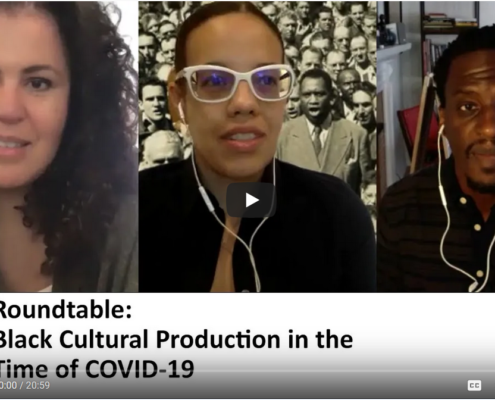
LA Social Science Roundtable: Black Cultural Production in the Time of COVID-19
LA Social Science invited three Los Angeles-based professors…
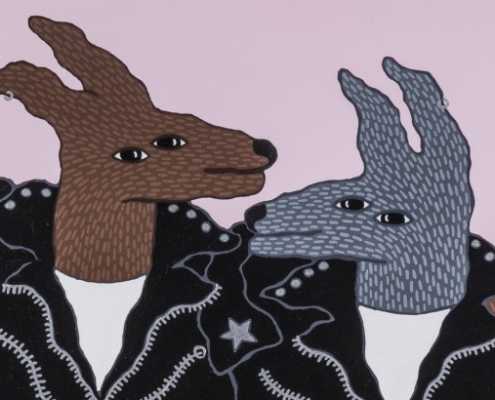
UCLA Professor Discusses Life and Work of Native American Artist Harry Fonseca
In an informative video series by the Autry Museum of the West…

LA Social Science Summer Course Previews: African American Studies Presents “Reproducing While Black”
As summer 2020 approaches, LA Social Science will be highlighting…

LA Social Science Summer Course Previews: Gender Studies Courses Offered in Sessions A and C
As summer 2020 approaches, LA Social Science will be highlighting…

UCLA California Policy Lab Releases Report on the Impact of COVID-19 on California’s Labor Market
New Analysis of Unemployment Insurance Claims in California Provides…
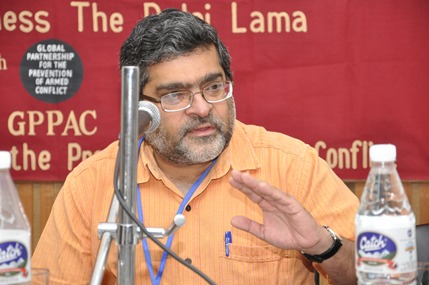
Dr. Lal Continues His Essay Series on the Historic Parallels Between Past Plagues and the Current Pandemic
Professor Vinay Lal, UCLA Professor of History and Asian American…
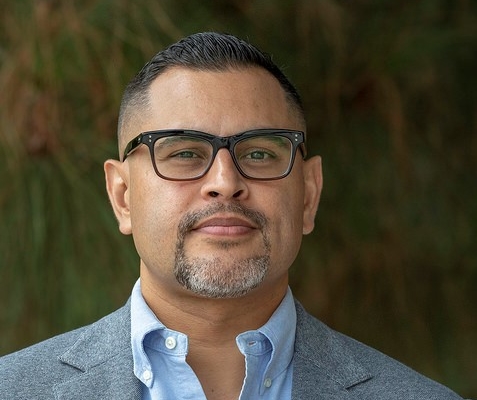
LA Social Science Presents “Conversations with Changemakers” Featuring Dr. Efrén Pérez (Video)
As the Director of the UCLA Race, Ethnicity, Politics and…
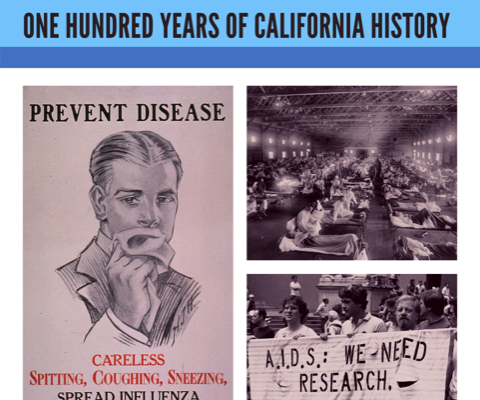
Pandemics Past and Present: One Hundred Years of California History
The UCLA Luskin Center for History and Policy (LCHP) has…
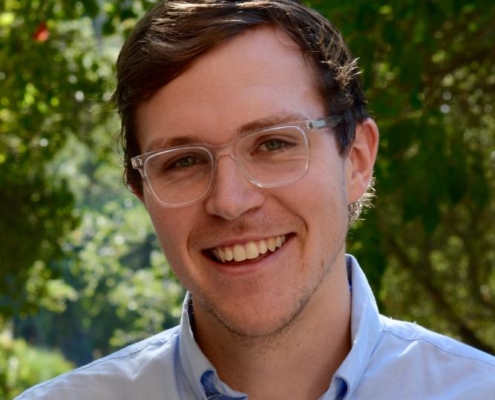
Incoming UCLA Professor Examines if Vote-by-Mail Advantages Either Political Party
By Dan Thompson I am a PhD candidate in American politics…

